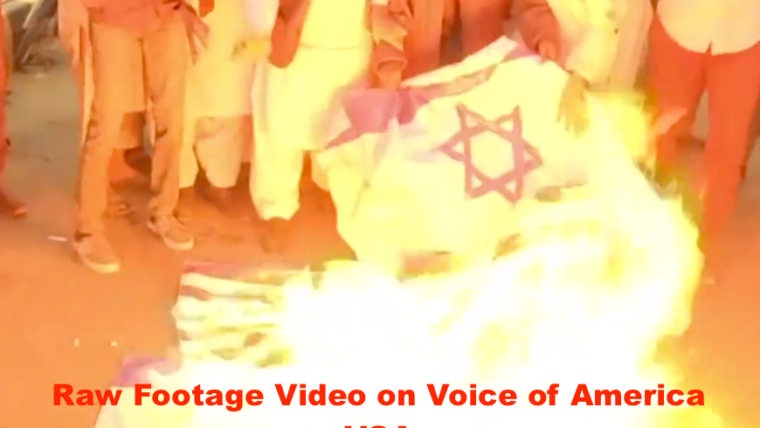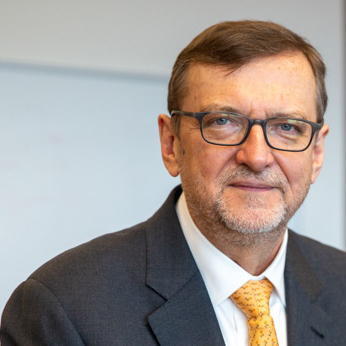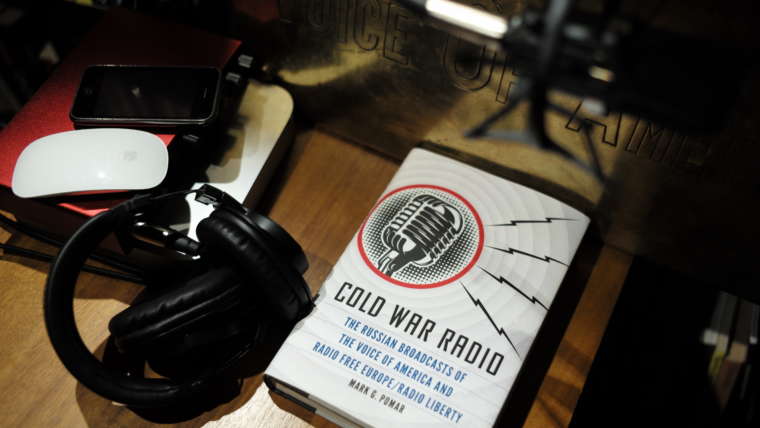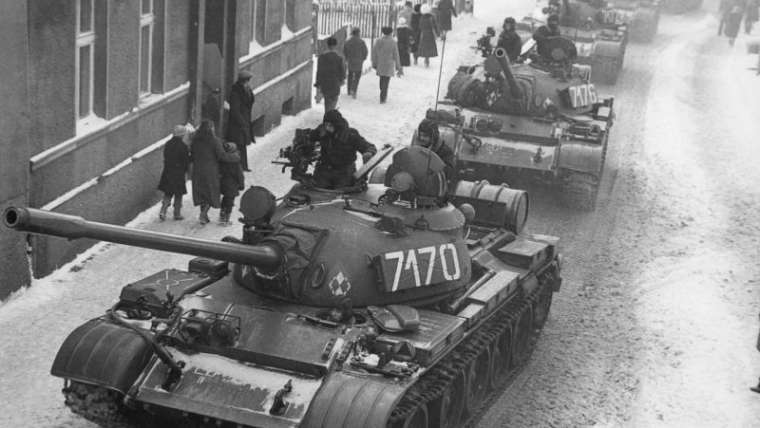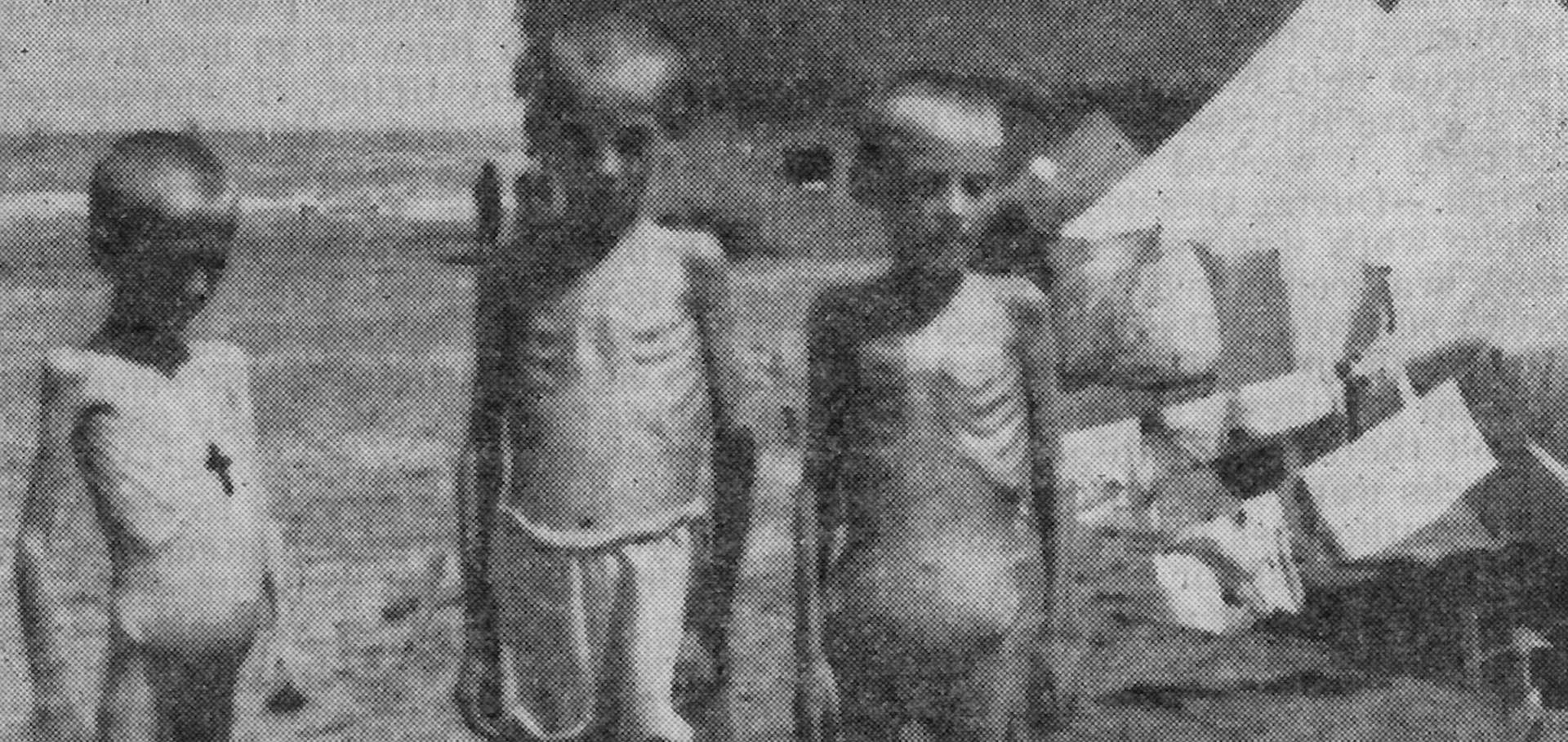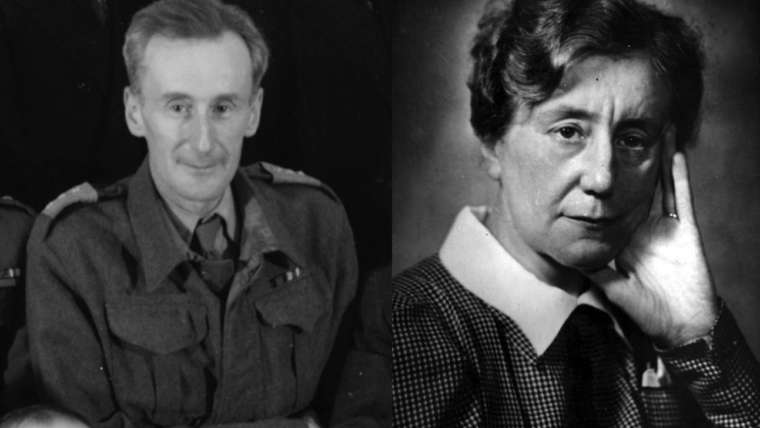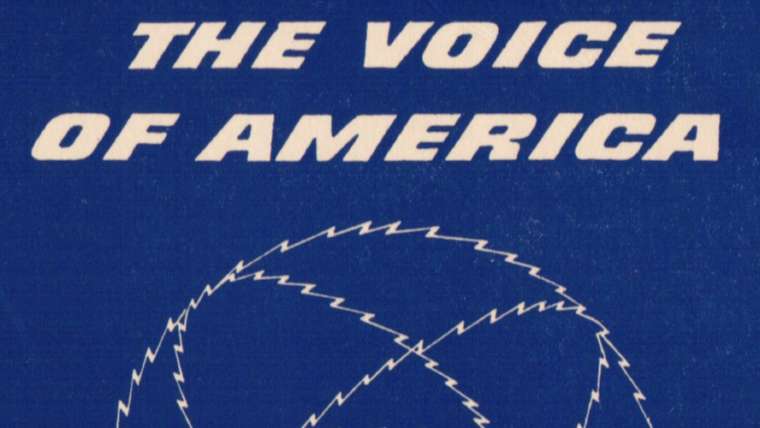USAGM Watch Commentary In his latest op-ed in The Hill, former Voice of America (VOA) acting associate director Ted Lipien, who also served briefly in 2020-2021 as Radio Free Europe/Radio Liberty (RFE/RL) president, quotes his former VOA Polish Service colleague, Jewish-American writer Henryk Grynberg: “the president of a leading American university cannot apologize for her lack of basic human values”…

